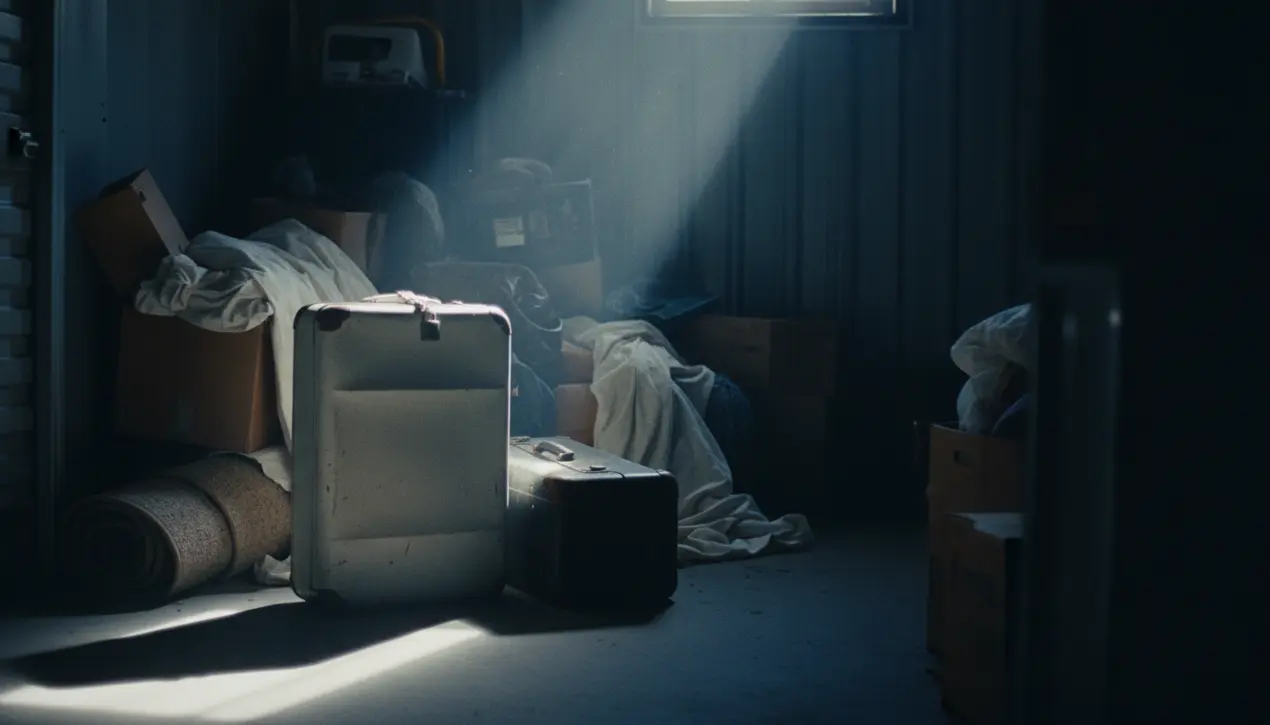
Otherlaw & courtsCriminal Cases
New Zealand mother sentenced for murdering children in suitcase case.
LA
Laura Bennett
17 hours ago7 min read1 comments
The story of Hakyung Lee, a New Zealand mother sentenced for the unimaginable act of murdering her own two children and concealing their bodies in suitcases mere months after her husband succumbed to cancer, is not merely a true-crime headline; it is a profound human tragedy that forces us to look beyond the gavel's final strike and into the shattered architecture of a family. This case, unfolding with a grim discovery in a storage unit, speaks to a cascade of despair so complete it defies easy comprehension.We are left to grapple with the psychological cataclysm that must occur for a parent to extinguish the very lives they brought into the world. Experts in forensic psychology often point to a perfect storm of factors in such rare, horrific events: the overwhelming grief and potential financial ruin following the loss of a spouse, profound isolation without a robust support network, and a descent into a severe, untreated mental health crisis that warps reality itself.The narrative isn't one of simple monstrosity, but of a human being broken by successive, unbearable pressures. The children, whose identities and lives were so cruelly erased, become silent symbols of this failure—a failure of systems to catch a family in freefall, a failure of a community to see the depth of a mother's silent struggle.The suitcases, a mundane object of travel and new beginnings, are now forever recast as containers of an unspeakable end, a haunting metaphor for secrets too heavy to bear. This tragedy in New Zealand echoes similar, heart-wrenching cases globally, from the United States to the United Kingdom, where parental filicide often correlates not with inherent evil, but with untreated psychosis and catastrophic life events.The legal proceedings, while delivering a measure of accountability, cannot possibly offer closure for the extended family and the wider community, who are left with the unanswerable 'why. ' The conversation this case ignites must extend beyond the courtroom, challenging us to consider how we, as a society, support those navigating the darkest valleys of grief and mental illness.It asks us to be more attentive, to build communities where asking for help is not a sign of weakness but a step toward prevention. The legacy of these two young lives must be a renewed commitment to mental health awareness and familial support, ensuring that such a harrowing chapter is not just recorded as a legal statistic, but remembered as a catalyst for profound human reflection and change.
#homicide
#child murder
#life sentence
#New Zealand
#court case
#featured
Stay Informed. Act Smarter.
Get weekly highlights, major headlines, and expert insights — then put your knowledge to work in our live prediction markets.
Related News
Comments
Loading comments...
© 2025 Outpoll Service LTD. All rights reserved.